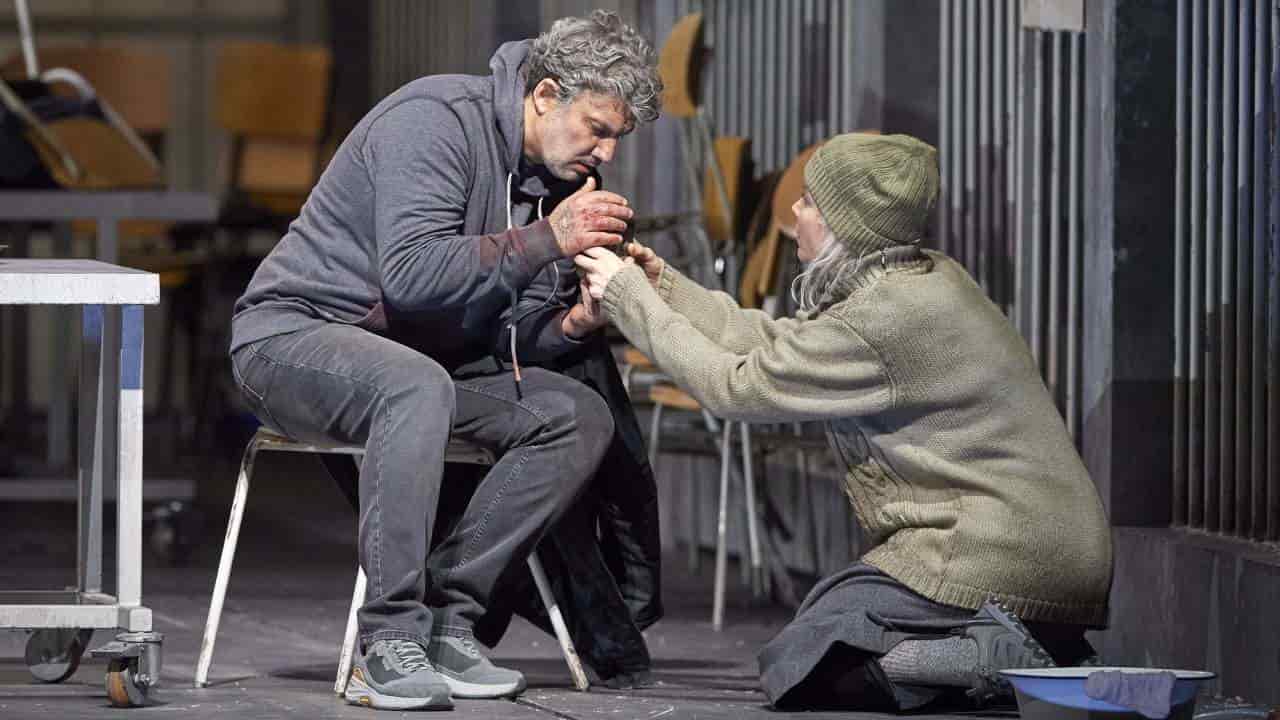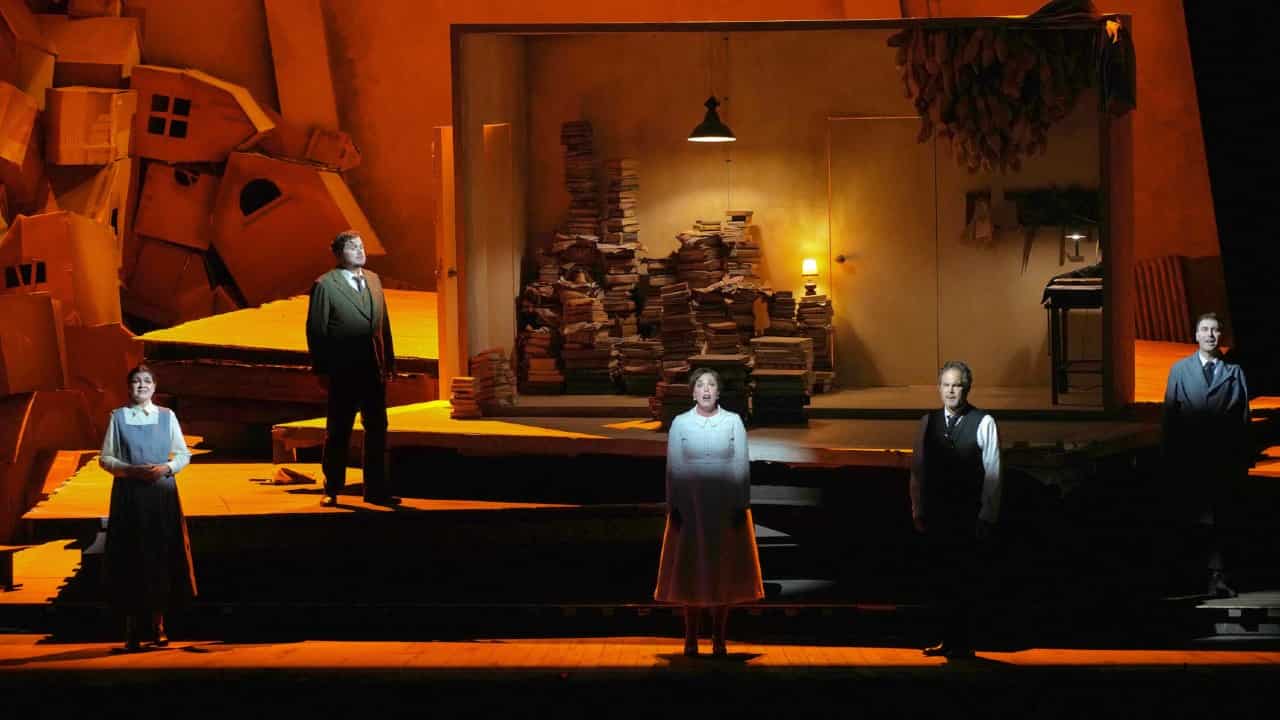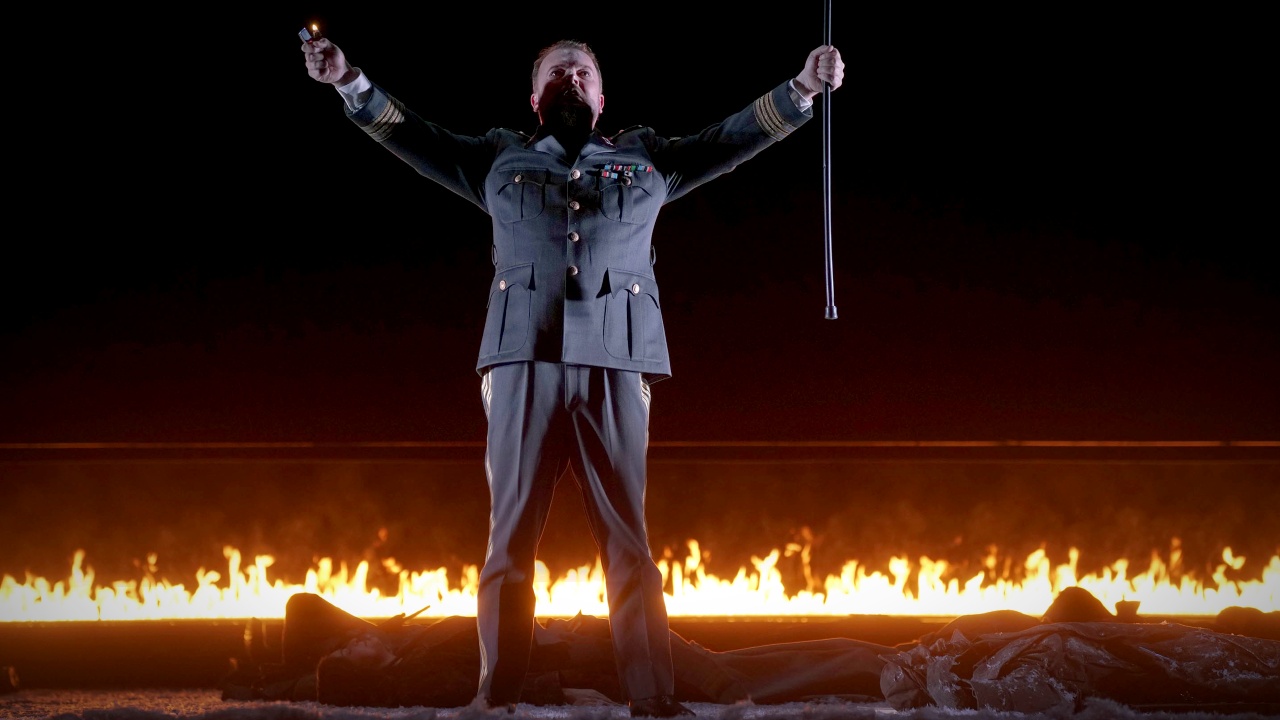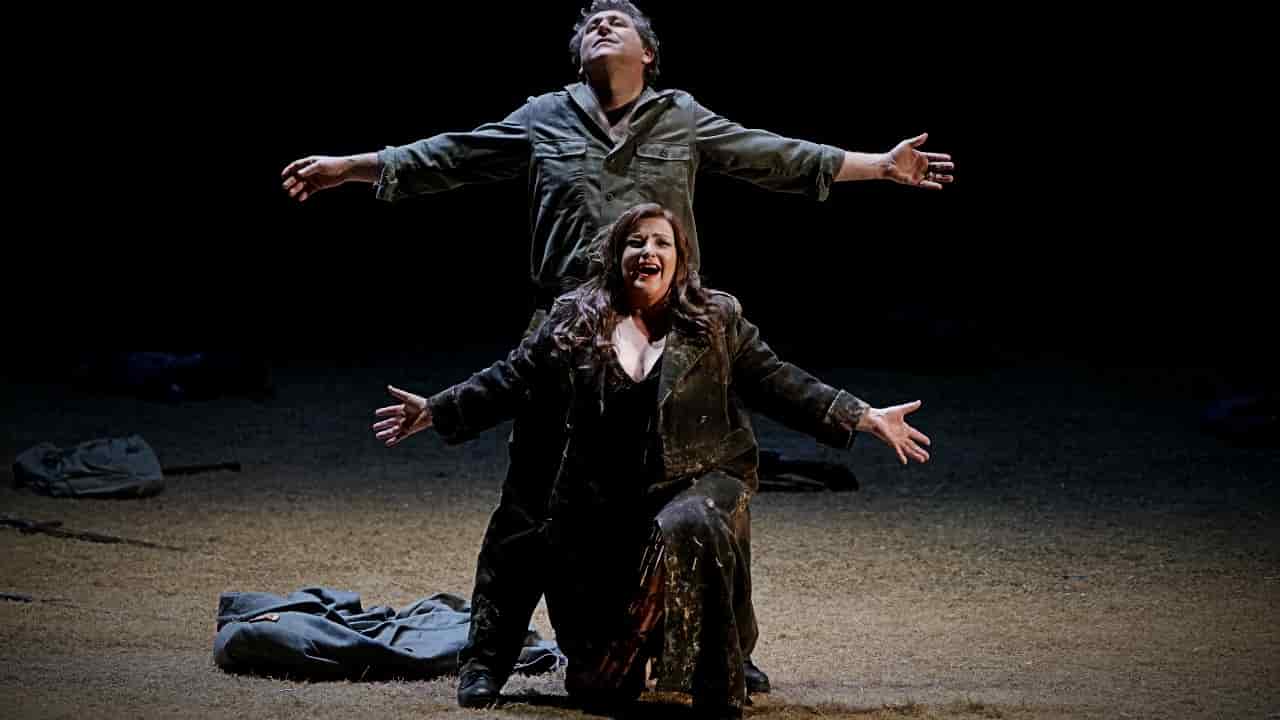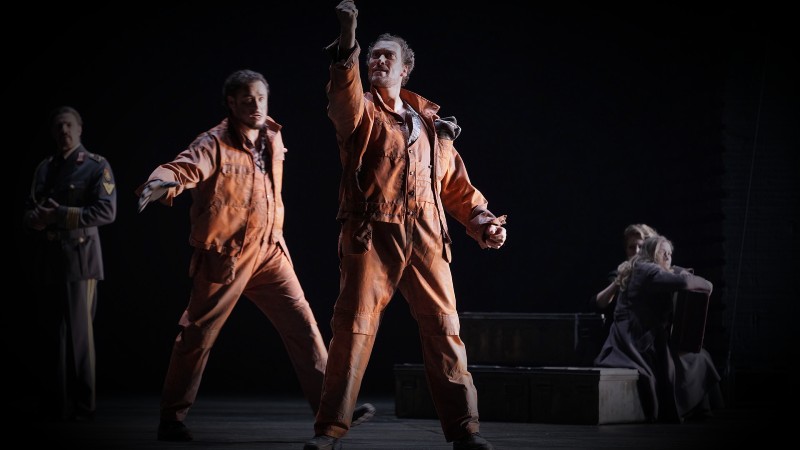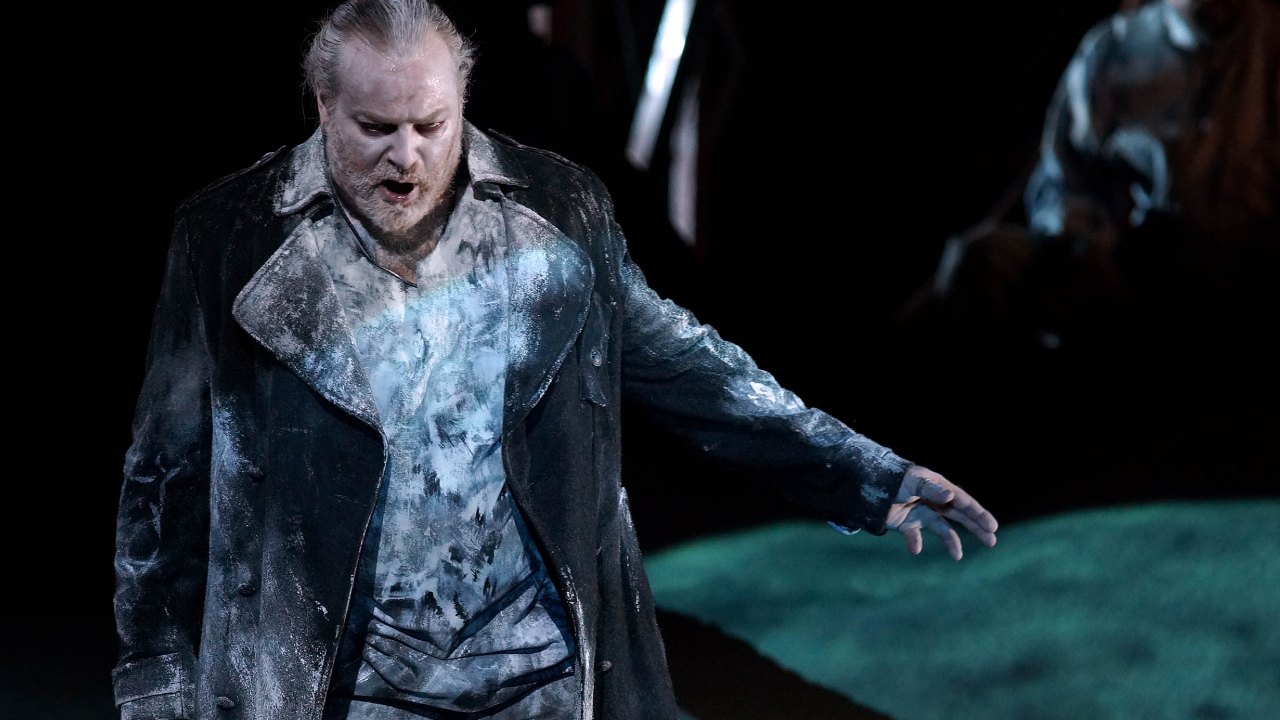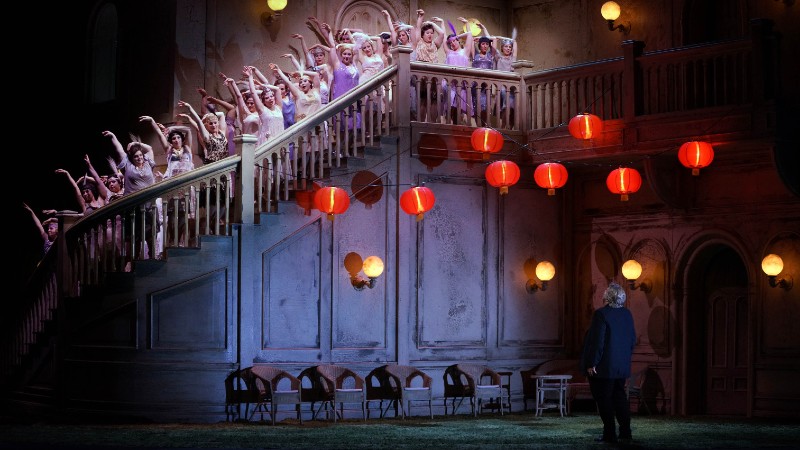Das Liebesverbot (The Ban on Love) is an opera composed by the young Richard Wagner, still in the process of finding his own musical language. After finishing The Fairies, his first completed opera, which was never performed, Wagner was able to present his second one on March 29, 1836 in Magdeburg, but this would be the only performance of the opera in his lifetime. The première was a complete disaster: some of the singers had not learned their parts, and the second night was cancelled when the prima donna’s husband attacked one of the tenors in a fit of jealousy. Wagner gave up further attempts to stage the opera and consigned it to oblivion, describing it as a “sin of my youth”
With such a history it is hardly surprising that Das Liebesverbot has been unfairly considered a minor work by the great German composer. However, this unknown piece is interesting for many reasons. The Ban on Love is an opera that challenges many of our assumptions about Wagner’s music and it is certainly a far cry from its typical density and depth. This work is the young Wagner’s equivalent to Goethe’s Italian Journey: an exaltation of the warm south, sunshine, playfulness, sex, and hedonism.
For the text of the opera, Wagner decided to adapt Shakespeare’s Measure for Measure, a play which was then rarely performed because it was regarded as immoral. Making substantial changes to the original plot, the composer presented a stinging critique of the puritanism of contemporary German society.
Wagner moves the action to Sicily, where the Regent is Friedrich, a rigid German ruler who is unable to understand the joie de vivre of the locals. He decides to discipline them by banning Carnival, brothels, cabarets, and love outside marriage.
The musical influences on the work are quite clear. Wagner, reacting against the “pedantry” and “erudition” around him, celebrates and pays homage to the virtues of Italian music with frenetic rhythms, vibrant, powerful melodies full of character, a certain interest in repetition and simple harmonies. His admiration for composers like Bellini and Rossini can be seen in moments that are almost direct quotes of Il barbiere di Siviglia or Guillaume Tell. There is also a strong French influence in the format of the comic opera and the most characteristic grand operas of the period, such as La Muette de Portici, by Auber, and Robert le Diable, by Meyerbeer.
Another interesting point to note is that the score of this opera already hints at Wagner’s future work. There is a great deal of Lohengrin in it, and the character of Ponzio Pilato is clearly a forerunner of Mime. The Ban on Love is also the first time that Wagner used the leitmotif technique structurally, especially the theme of the ban on love decreed by Friedrich This recurs throughout the work, alternating between solemn and ironic.
In short, this is a little-known but interesting work which is well worth discovering. It provides considerable insight into the development of the mature Richard Wagner. To commemorate the 4th Centenary of the death of Shakespeare, it would be hard to find a more appropriate piece.
Grosse komische Oper en dos actos
Music by Richard Wagner (1813 – 1883)
Libretto by Richard Wagner, based on the play Measure for Measure by William Shakespeare
Premiered at the Stadttheater, Magdeburgo on March 29, 1836
New Teatro Real production, in coproduction with the Royal Opera House, Covent Garden, London and the Teatro Colón, Buenos Aires
Principal Chorus and Orchestra of the Teatro Real
Artistic team
Conductor | Ivor Bolton
Stage director | Kasper Holten
Set and costumes designer | Steffen Aarfing
Lighting designer | Bruno Poet
Choreographer | Signe Fabricius
Chorus master | Andrés Máspero
Assistant to the conductor | Francesc Prat
Assistant to the stage director | Barbara Lluch
Set and costumes designer collaborator | Rebekka Bentzen
Assistant to the choreographer | Alejandra González
Assistant to the costumes designer | Tiziana Magris
Assistant to the choreographer | Tiziana Fracchiolla
Diction coach | Roxane Taghikhani
Cast
Friedrich | Christopher Maltman
Luzio | Peter Lodahl
Claudio | Ilker Arcayürek
Antonio | David Alegret
Angelo | David Jerusalem
Isabella | Manuela Uhl
Mariana | Maria Miró
Brighella | Ante Jerkunica
Danieli | Isaac Galán
Dorella | María Hinojosa
Pontio Pilato | Francisco Vas
Actors dancers | Carlos Rodas, Álvaro Hurtado, Sergio Mariottini, Sergio Arce, David Ventosa, Nacho Rodríguez, Amaury Reinoso, Santiago Cano, Gabriel Nicolá y Jordi Casas.


